TEMPO.CO, Jakarta - The rising number of food poisoning cases linked to the Indonesia's Free Nutritious Meal (MBG) program has sparked mounting calls for the government to temporarily suspend President Prabowo Subianto’s flagship initiative.
The Institute for Development of Economics and Finance (Indef) is among the groups urging for a pause.
“The MBG has a noble long-term goal, but its current implementation is creating serious problems,” said Izzudin Al Farras, Head of Indef’s Digital Economy and SMEs Center, in an Instagram post on Monday, September 22, 2025.
Izzudin highlighted systemic issues ranging from repeated mass poisoning incidents to poor governance and the heavy strain on the state budget. He noted that more than 5,000 food poisoning cases have been recorded in the nine months since the program launched. “And the number continues to rise,” he said.
Drawing from multiple data sources, Indef found over 4,000 poisoning cases up to August 2025, jumping to 5,360 by September. Izzudin warned the government against treating these cases as mere statistics.
“We must not sacrifice thousands of lives for a rushed program. Halt the MBG temporarily, fix its flaws thoroughly, and only then resume it safely,” he stressed.
Indef also criticized the program’s fiscal impact. Under the 2026 State Budget Draft, the MBG, part of the Asta Cita project, absorbed 29.51 percent of the education budget and 10.12 percent of the health budget, raising concerns of fiscal imbalance amid widening deficits.
The Indonesian Institute (TII) voiced similar alarm after poisonings were reported in Garut, Gunungkidul, Banggai Islands, Sumbawa, and Baubau in just one week.
Social researcher Made Natasya Restu Dewi Pratiwi said these incidents should be a wake-up call for the government to conduct a full-scale evaluation. She urged authorities to suspend the program to investigate the root causes.
“From a food safety and epidemiological perspective, the government cannot tolerate poisoning cases,” Natasya said in a written statement on Friday, September 19. “The absolute target must be zero cases, because every incident reflects systemic food safety failures that could affect even more victims.”
In TII’s 2025 Policy Assessment on MBG, Natasya recommended strengthening Hazard Analysis Critical Control Point (HACCP) training for School Meal Implementation Units and food safety supervision teams.
“This is crucial to ensure MBG meals are safe at every stage from processing, portioning, packaging, to distribution, to prevent contamination and foodborne illnesses,” she said.
Yet, TII found that local agencies, including health and education offices, were not properly informed about food safety monitoring or team formation at schools. “This shows food safety procedures are still not prioritized, even after repeated poisoning cases,” Natasya noted.
Researchers from the Center for Indonesian Policy Studies (CIPS) also echoed calls for suspension. Analyst Jimmy Daniel Berlianto said halting the program was critical to redesigning it with better governance.
“It’s essential to pause and review the MBG,” Jimmy said in a statement on Sunday, September 21.
“After more than six months without clear governance, expanding it to 82.9 million recipients risks worsening problems, from poisoning incidents to reliance on ultra-processed foods.”
CIPS identified a legal gap as another key problem, noting the program lacks formal backing in laws or presidential regulations. “This regulatory vacuum leads to unclear institutional roles,” Jimmy argued. He also questioned the program’s budget efficiency, noting that only about Rp 8 trillion had been absorbed as of August, despite starting in January 2025.
The Indonesian Education Monitoring Network (JPPI) has reported even higher figures, estimating at least 5,360 children poisoned by MBG meals by mid-September.
“The real number is likely higher, since many schools and local governments cover up cases,” said National Coordinator Ubaid Matraji in a statement on Friday, September 19.
Ubaid said this points to structural failures. “If it happened once, it might be a technical error. But when thousands of children are affected across many regions, it’s clearly a systemic failure,” he said.
The National Nutrition Agency (BGN), which oversees the MBG, acknowledged it routinely receives poisoning reports. Agency Head Dadan Hindayana confirmed that in Banggai Islands, Central Sulawesi, 251 students fell ill after eating MBG meals on September 17.
Dadan said the local Nutrition Fulfillment Service Unit had operated for eight months without incident, serving a standard menu that day. He suspects the problem stemmed from ingredients supplied by a new vendor.
“Our preliminary assumption is the raw materials were the cause, coincidentally from a new supplier,” he explained on Thursday, September 18.
He added that early medical reports suggest allergic reactions, but further studies are pending. “Doctors suspect allergies, but details are still being examined,” Dadan said.
Dinda Shabrina, Adil Al Hasan, and Dede Leni Mardianti contributed to the writing of this article.
Editor’s Choice: Prabowo to Address UN General Assembly, Securing Third Speaking Slot
Click here to get the latest news updates from Tempo on Google News










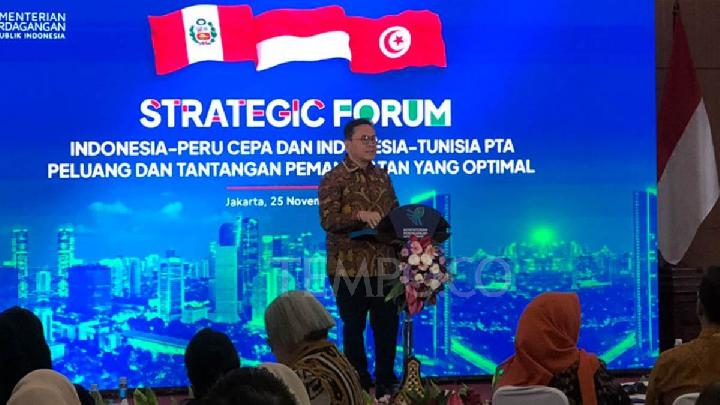



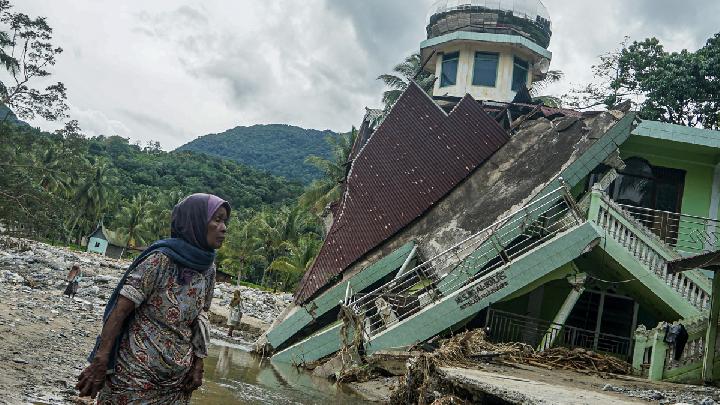






















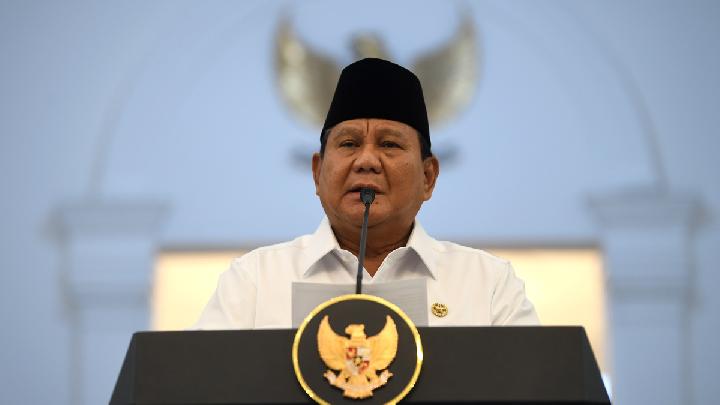
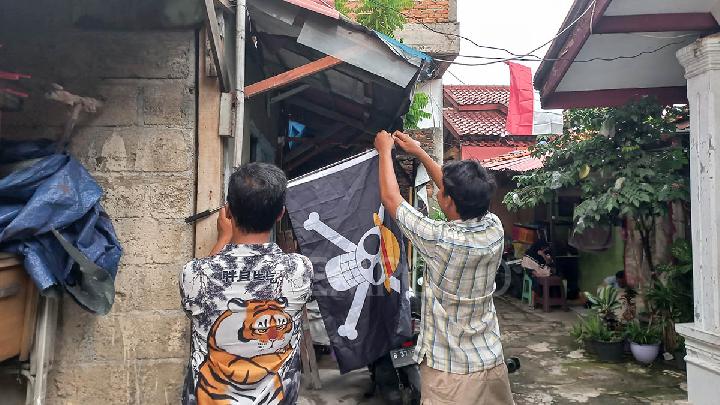






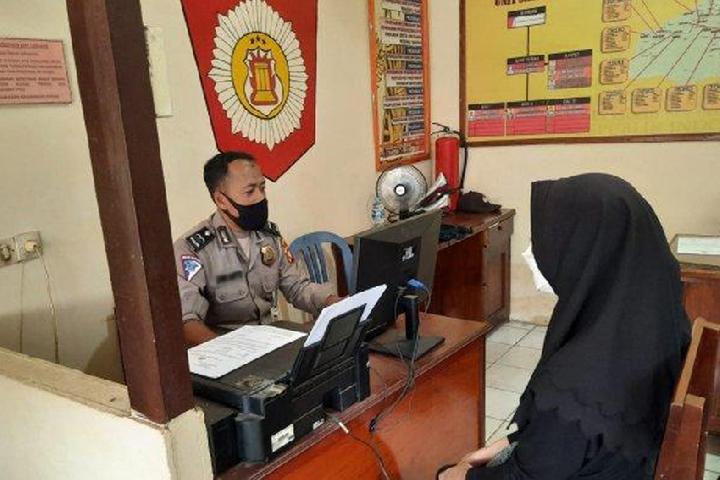


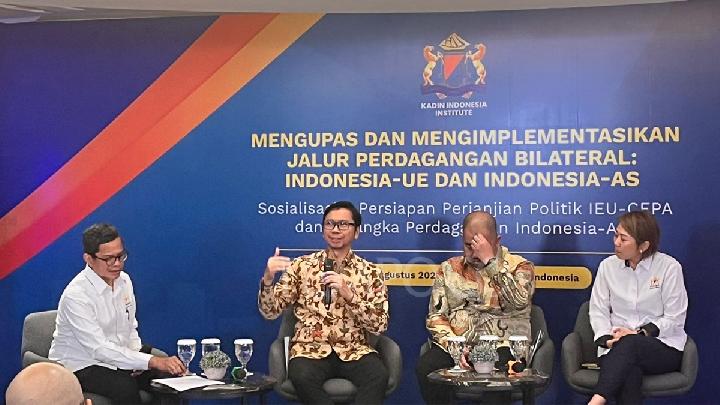

:strip_icc():format(jpeg)/kly-media-production/medias/5243277/original/092151900_1749100247-front-view-cute-little-boy-listening-music.jpg)